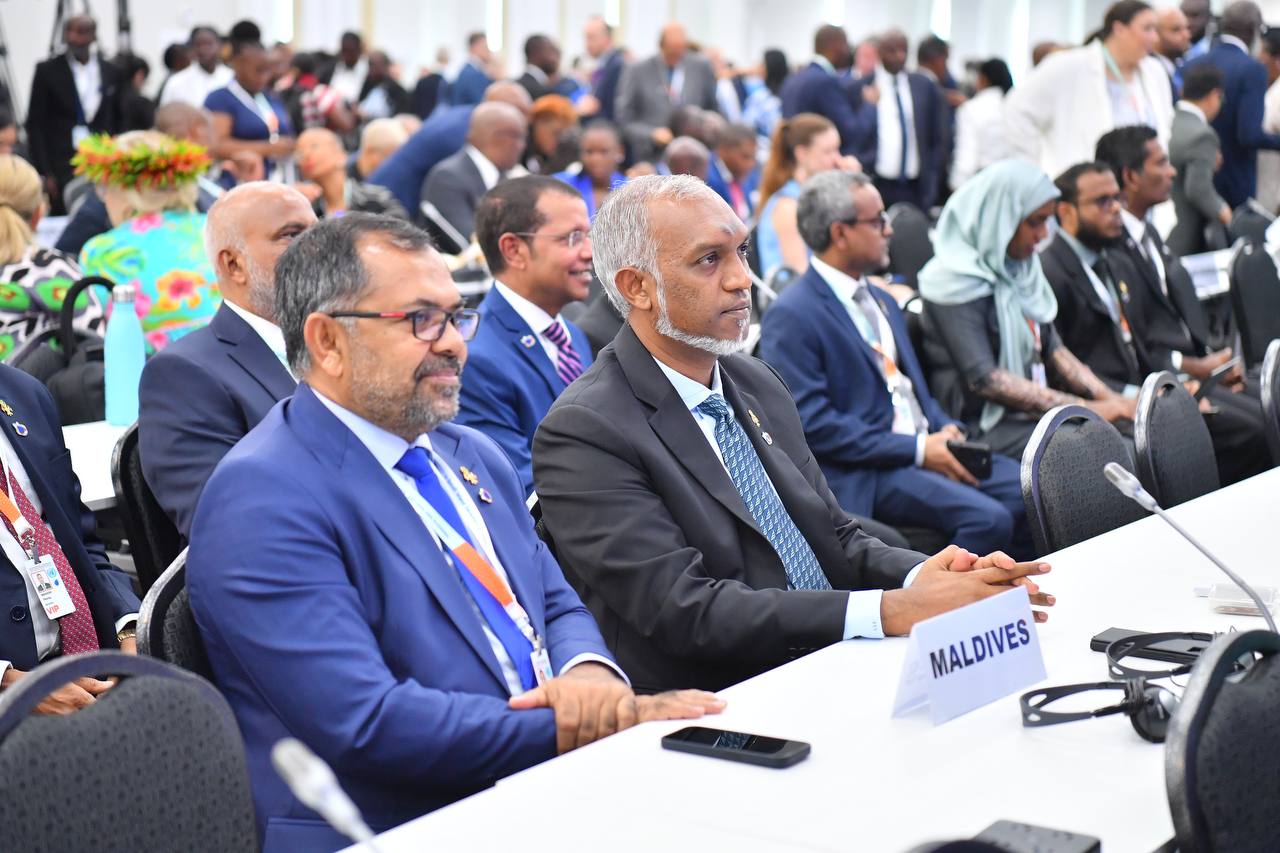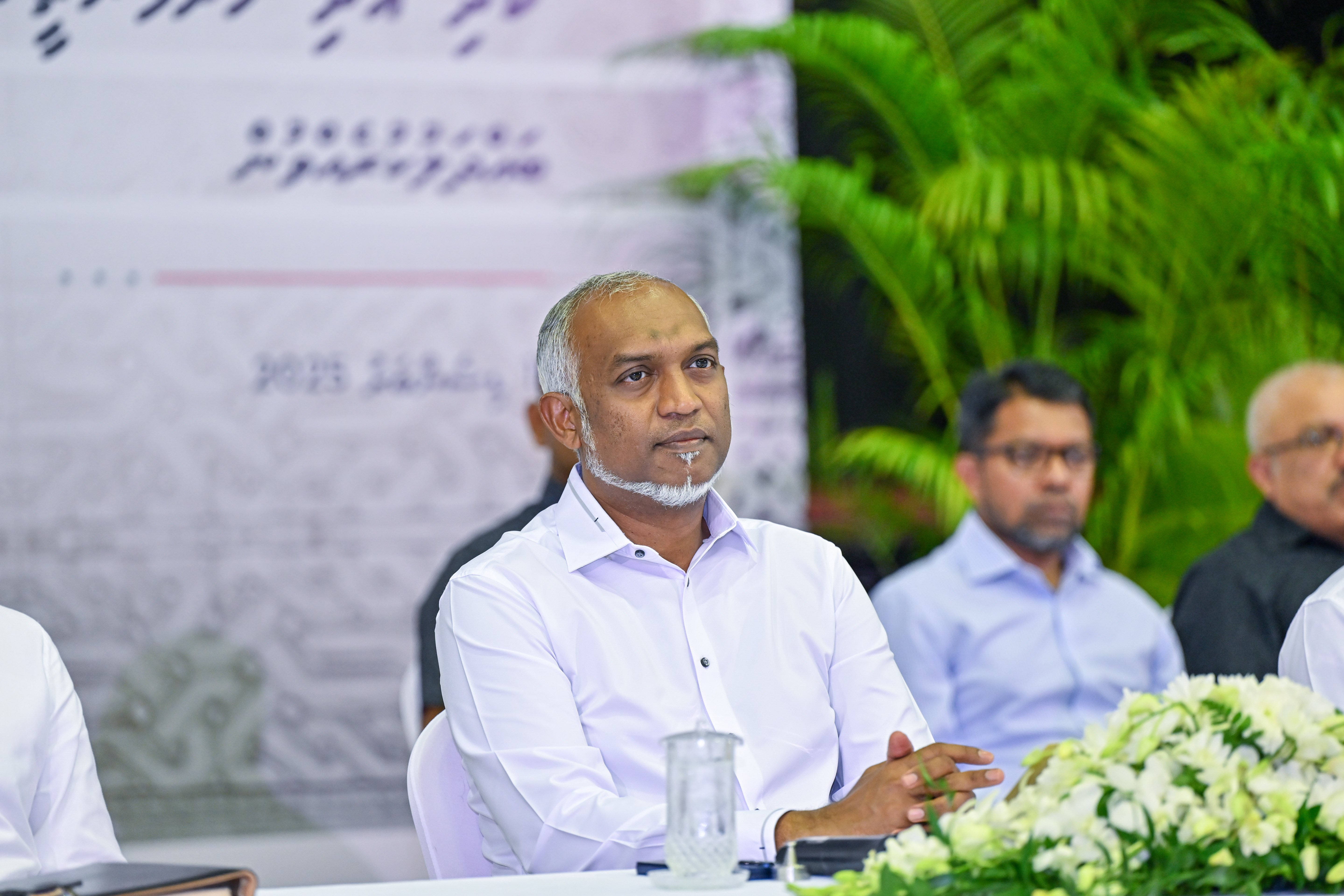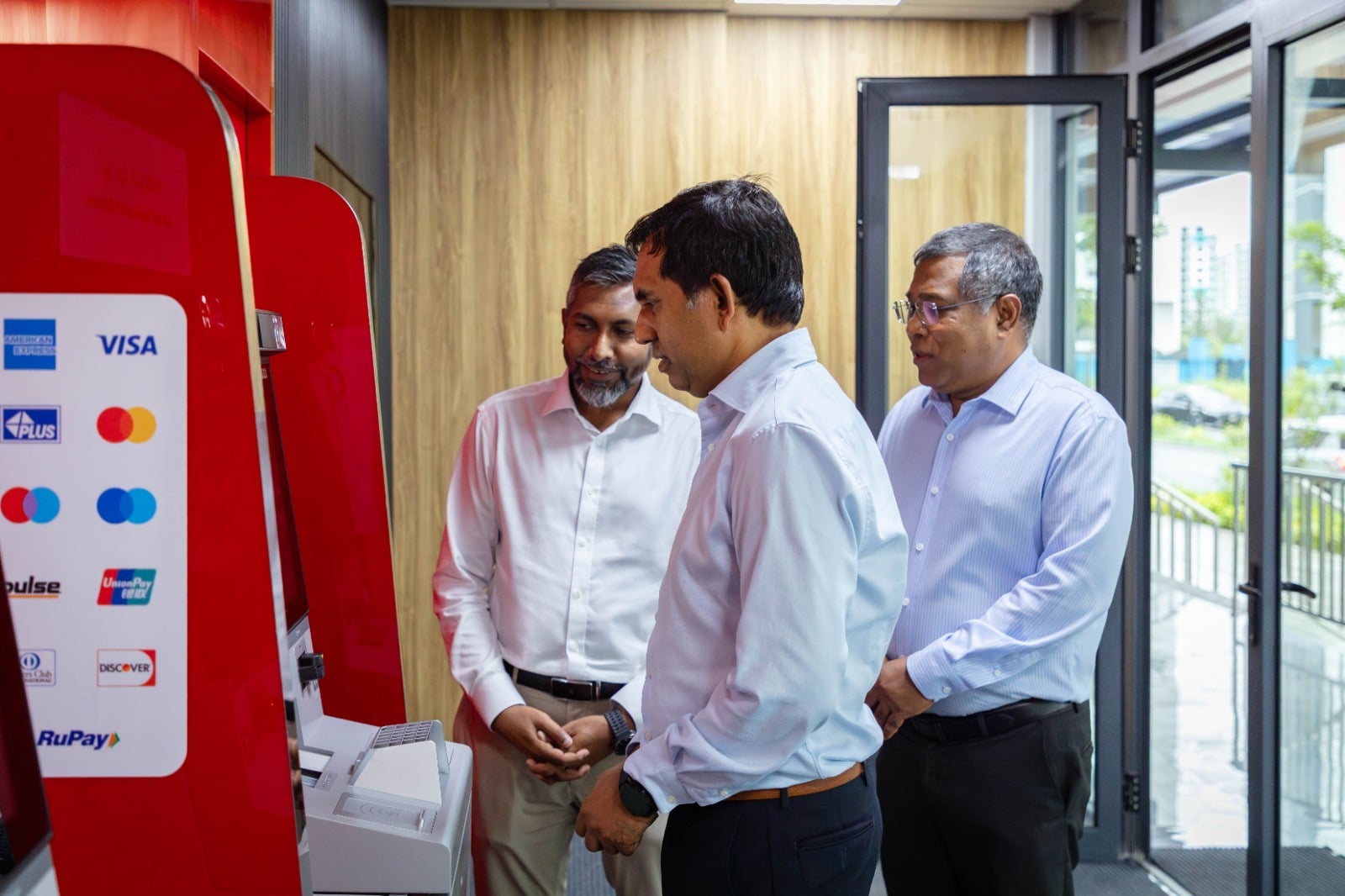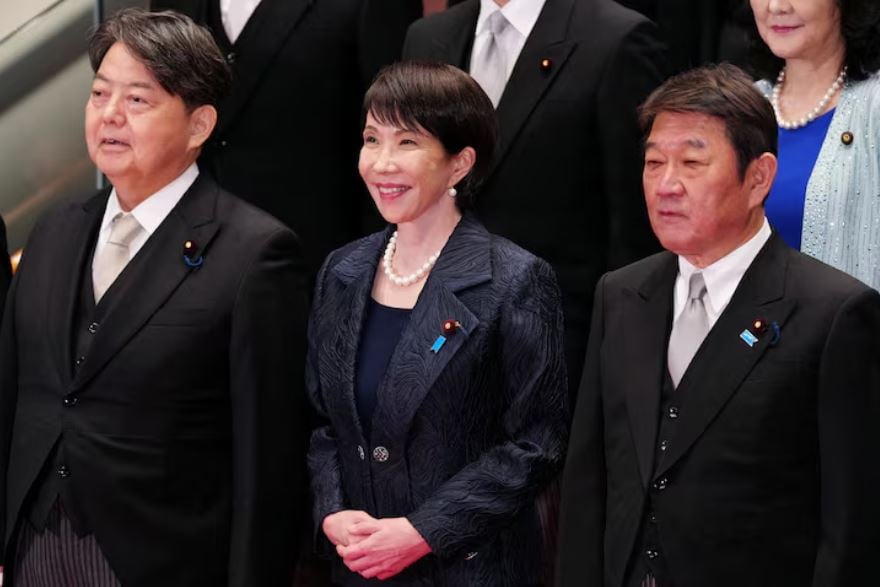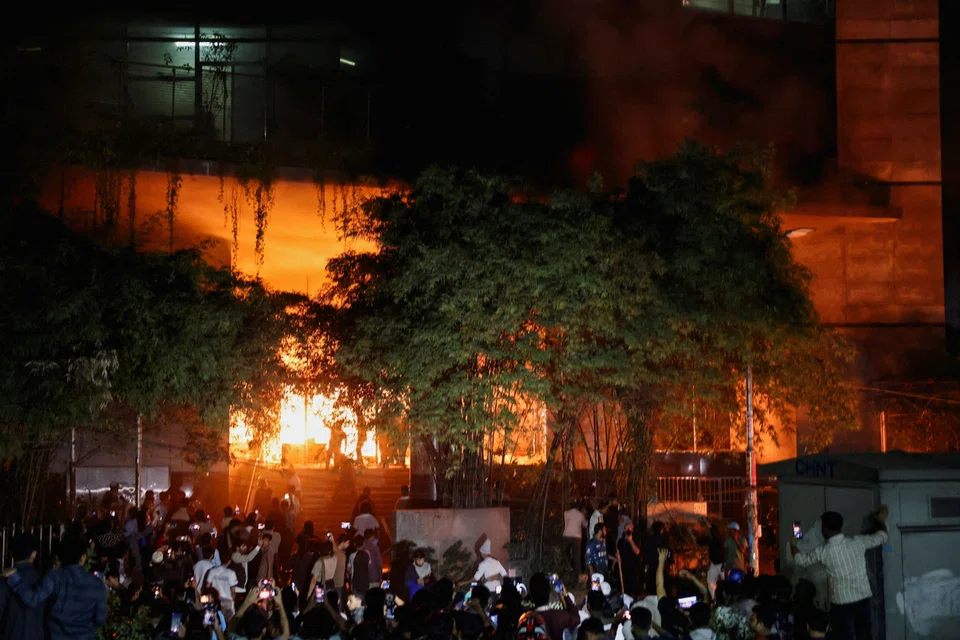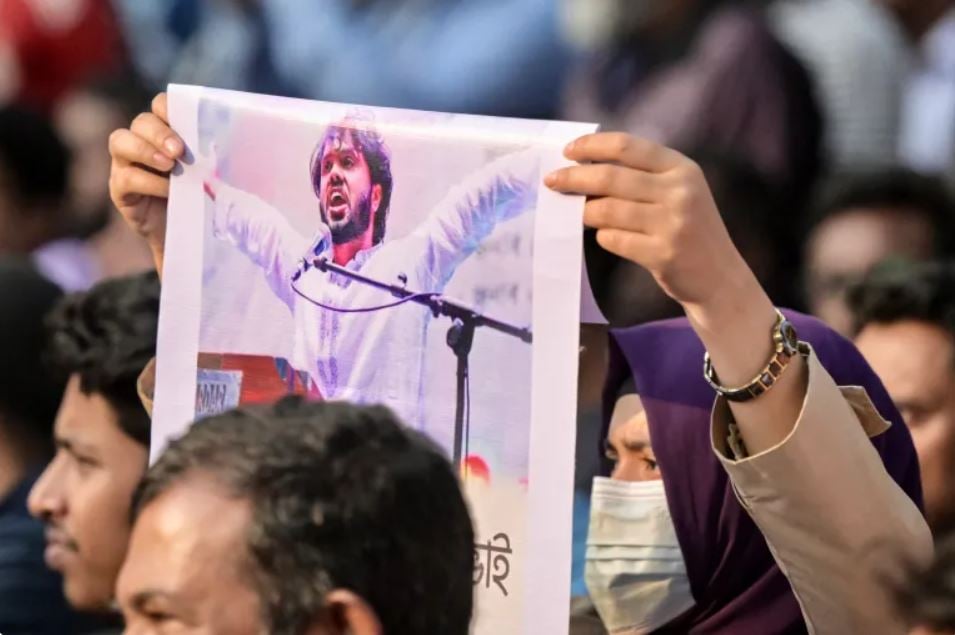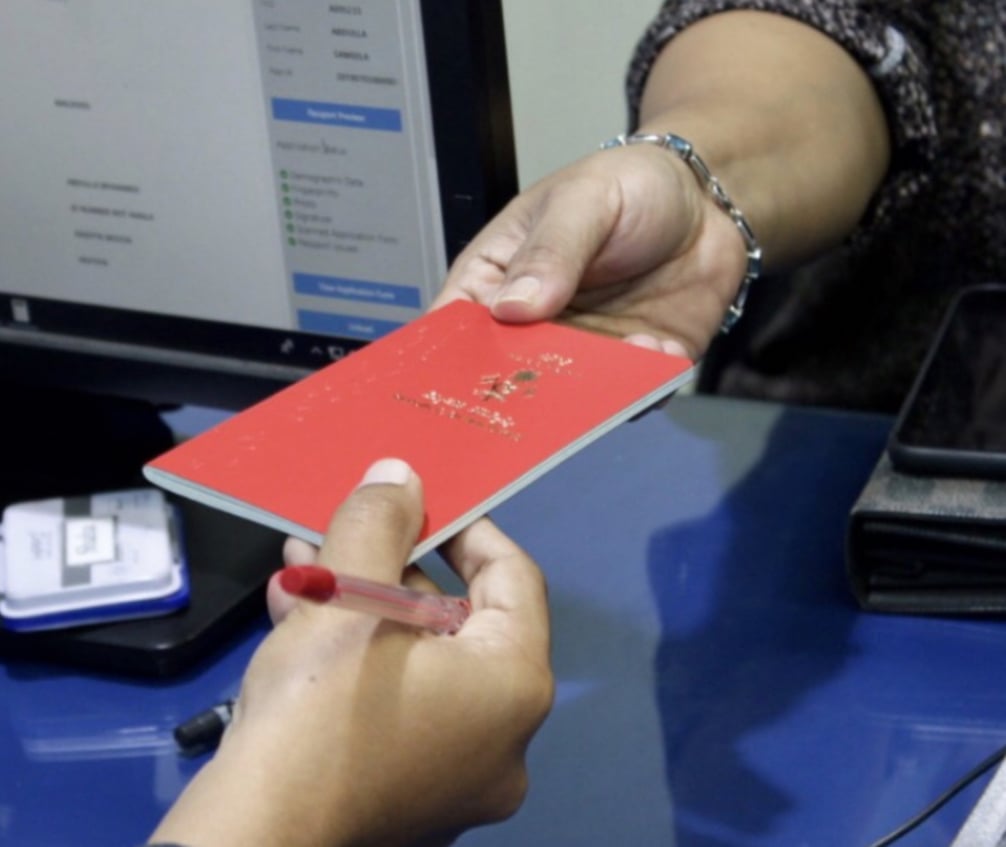President Dr. Mohamed Muizzu has called for financial architecture reforms and avenues for partnerships to enable Small Island Developing States (SIDS) to access finance more easily and achieve the Sustainable Development Goals (SDGs). He made these remarks in his keynote address at the High-Level Meeting on Resource Mobilization for SIDS during the Fourth International Conference on SIDS (SIDS4).
President Muizzu highlighted that numerous SIDS, including the Maldives, which have graduated from the Least Developed Countries (LDC) category, face significant financial challenges. These countries encounter increased borrowing costs from bilateral creditors and restricted access to affordable finance.
Despite international commitments to enhance development and climate financing for SIDS, President Muizzu noted with concern that the net external resource inflow to SIDS has been declining over the past two decades. He emphasized that SIDS should not have to make impossible choices, such as deciding between funding the establishment of a new school or constructing seawalls.
The President called upon Multilateral Development Banks (MDBs) and international financial institutions (IFIs) to help enact reforms, such as channeling funds through international capital markets due to their positive credit ratings, and in turn, lending to SIDS at highly concessional rates. He urged the fulfillment of promises made to SIDS over the past three decades. Additionally, President Muizzu proposed that development partners of SIDS collaborate with MDBs and the private sector to scale up private finance flows to SIDS. He also encouraged SIDS to broaden their vision, aim higher, and seek assistance from development partners.
In his statement, President Muizzu challenged the international community's commitment to directing finance to those who need it most. He urged development partners to stop viewing SIDS as mere recipients of aid and instead see them as partners in sustainable development.
President Muizzu highlighted that numerous SIDS, including the Maldives, which have graduated from the Least Developed Countries (LDC) category, face significant financial challenges. These countries encounter increased borrowing costs from bilateral creditors and restricted access to affordable finance.
Despite international commitments to enhance development and climate financing for SIDS, President Muizzu noted with concern that the net external resource inflow to SIDS has been declining over the past two decades. He emphasized that SIDS should not have to make impossible choices, such as deciding between funding the establishment of a new school or constructing seawalls.
The President called upon Multilateral Development Banks (MDBs) and international financial institutions (IFIs) to help enact reforms, such as channeling funds through international capital markets due to their positive credit ratings, and in turn, lending to SIDS at highly concessional rates. He urged the fulfillment of promises made to SIDS over the past three decades. Additionally, President Muizzu proposed that development partners of SIDS collaborate with MDBs and the private sector to scale up private finance flows to SIDS. He also encouraged SIDS to broaden their vision, aim higher, and seek assistance from development partners.
In his statement, President Muizzu challenged the international community's commitment to directing finance to those who need it most. He urged development partners to stop viewing SIDS as mere recipients of aid and instead see them as partners in sustainable development.





